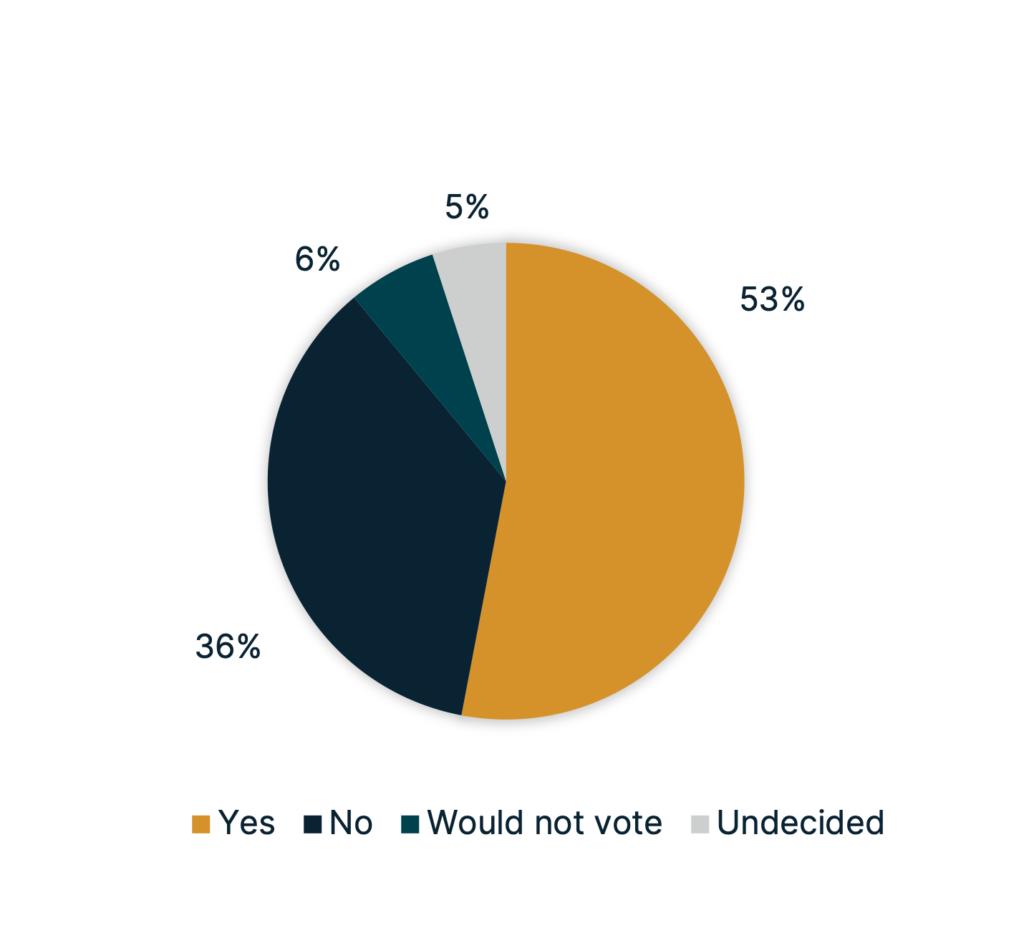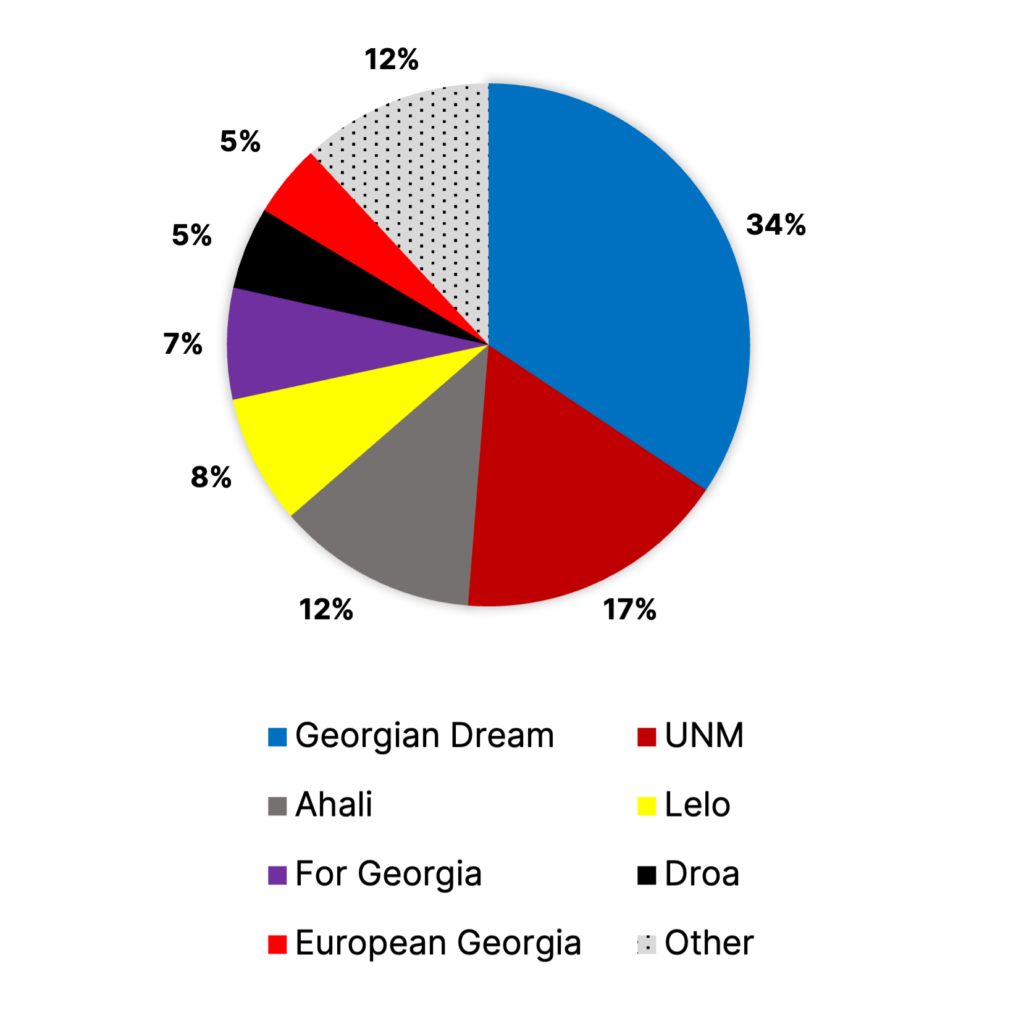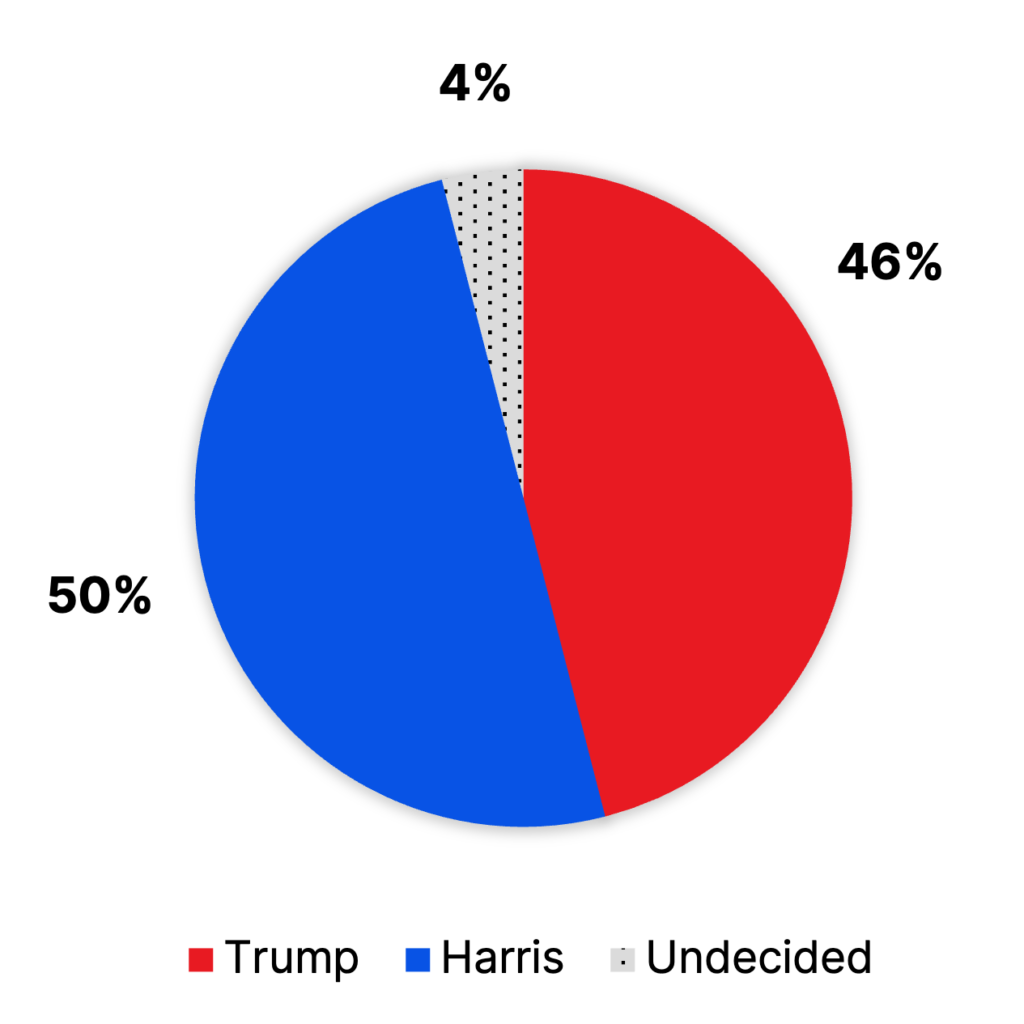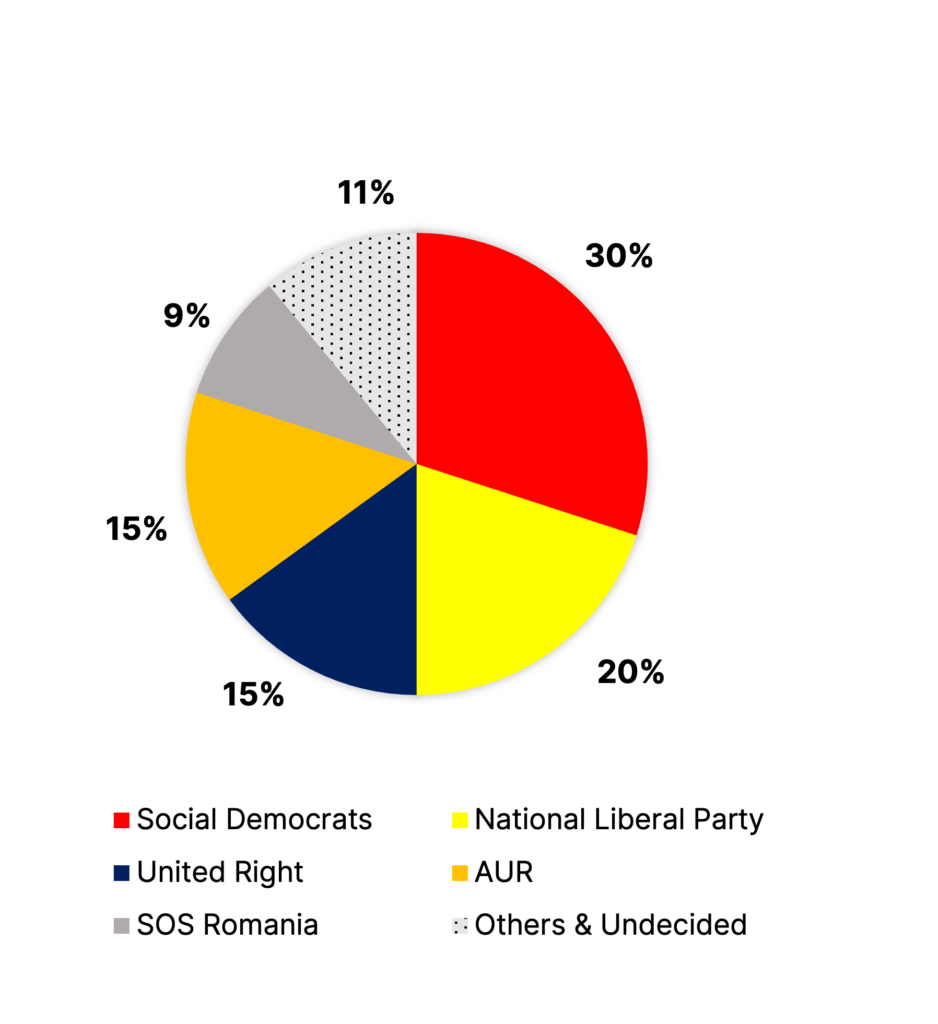Election Guide: Q4 2024

Gain Strategic Insights for Q4 2024 Elections
03 October 2024
How will the upcoming wave of elections affect global stability?
Explore key elections set to take place across the globe in Q4 2024 with our quarterly Election Guide. These important elections are likely to redefine political landscapes, steer policy-making, and have a significant impact on global stability.
Here’s what’s inside:
Tunisia: Presidential Election
Can Tunisia’s Opposition Challenge President Kais Saied?
6 October
With opposition leaders detained and most candidates barred from running, Tunisia’s upcoming elections are heavily tilted in President Kais Saied’s favor. Despite low voter turnout and ongoing economic struggles, Saied is poised for re-election, though civil unrest is likely to follow as dissatisfaction grows and opposition forces are stifled.
Moldova: Presidential Election and Referendum
Can Moldova Overcome Pro-Russian Forces in the EU Accession Referendum?
20 October
Moldova faces a pivotal moment as it holds a referendum on EU accession alongside its presidential election. While a “Yes” vote could strengthen pro-EU efforts, it risks sparking unrest from pro-Russian factions and separatist regions like Transnistria and Gagauzia. A failure to meet the referendum’s participation threshold, however, could deepen political instability, leaving Moldova’s EU ambitions uncertain and potentially intensifying regional tensions.
Lithuania: Parliamentary Election
Is Lithuania’s Political Stability at Risk Amid Rising Russian Sabotage Attempts?
13 & 27 October
Lithuania’s upcoming parliamentary elections are expected to be closely contested between the centre-right Homeland Union (TS-LKD) and the opposition Social Democrat Party (LSDP), currently leading in the polls. While major policy shifts are unlikely, Lithuania’s strategic importance as a Baltic state may prompt increased Russian hybrid warfare activities, including disinformation and sabotage. However, Lithuania’s resilience to pro-Russian influence, due to its smaller Russian population and lack of strong pro-Russia parties, remains a significant factor.
Georgia: Parliamentary Election
Will Georgia’s 2024 Election Shift the Country Toward or Away from European Integration?
26 October
As Georgia heads to the polls, voters face a choice between the West and Russia. Despite public sentiment favoring EU integration, the ruling Georgian Dream party’s neutral stance on Russia and controversial policies, such as the Foreign Agents Bill, have raised concerns about democratic backsliding. While opposition parties collectively command more support, their disunity could allow Georgian Dream to win again, further complicating Georgia’s path towards European Union membership.
Bulgaria: Parliamentary Election
Will Bulgaria’s 2024 Elections End the Political Crisis?
27 October
Bulgaria’s upcoming elections follow a prolonged period of political instability, with seven elections in just over three years. Despite widespread discontent, the polling suggests that no party has captured a decisive lead, raising the likelihood of yet another inconclusive result. The country’s political deadlock is contributing to economic stagnation and complicating its Eurozone and Schengen membership hopes. Meanwhile, the far-right Revival party continues to gain traction with provocative policies, further fueling potential unrest as public dissatisfaction with the political system grows.
Uruguay: General Election
Will Uruguay’s 2024 Elections See the Rise of the Left Amidst Growing Inequality?
27 October
Uruguay’s 2024 elections will determine key positions in both the Chamber of Representatives and Senate, along with a potential presidential runoff. With the left-leaning Broad Front (FA) leading in polls by 10 points over the ruling National Party (PN), this election may signal a shift in the country’s political dynamics. Amid rising inequality and insecurity, the left’s resurgence reflects both domestic dissatisfaction and broader global pressures. Though Uruguay is known for its political stability, the far-right Cabildo Abierto’s growing presence raises concerns of unrest if the FA wins, particularly given their stance on prosecuting dictatorship-era crimes.
United States of America: Presidential and Parliamentary Elections
Will the 2024 US Presidential Election See Political Violence and Unrest?
5 November
The 2024 US election sees Vice President Kamala Harris stepping in as the Democratic candidate following Joe Biden’s withdrawal, facing Donald Trump in a highly polarised race. With political violence and deep divisions still present, security concerns and the potential for unrest are significant, especially in key swing states. The outcome will likely hinge on these battlegrounds, with a close and contentious race anticipated.
Trump’s continued claims of election “irregularities” and reluctance to commit to accepting the results could heighten tensions, especially if the race is close. Additionally, growing concerns about political violence, highlighted by recent assassination attempts on Trump, further underscore the potential for instability during the election period.
Romania: President Election
How Will Romania’s Presidential Election Delay Affect the Vote?
27 November
In late June, Romania’s government postponed the Presidential elections to November, just ahead of the parliamentary elections on December 1. With current President Klaus Iohannis ineligible to run, frontrunner Marcel Ciolacu of the PSD faces competition from Nicolae Ciucă of the PNL and independent candidate Mircea Geoana, who is polling strongly among PSD voters. As political dynamics shift, the upcoming elections may significantly influence the country’s legislative landscape.
Ghana: General Election
How Will Political Violence Impact Ghana’s December Elections?
7 December
Ghana is set to hold elections on December 7, aiming to elect both the president and members of Parliament. While the country is recognised for its stability and democratic processes, concerns over political violence loom large, with previous elections marred by unrest and fatalities. The two dominant parties, the ruling New Patriotic Party (NPP) and the opposition National Democratic Congress (NDC), have heightened tensions through populist rhetoric and claims of electoral corruption, raising fears of potential violence during the upcoming election cycle.
SUBSCRIBE NOW
Join Our Global Intelligence Summary Mailing List
Sign up to receive our weekly Global Intelligence Summary, highlighting key geopolitical events and upcoming elections that could spark unrest.



